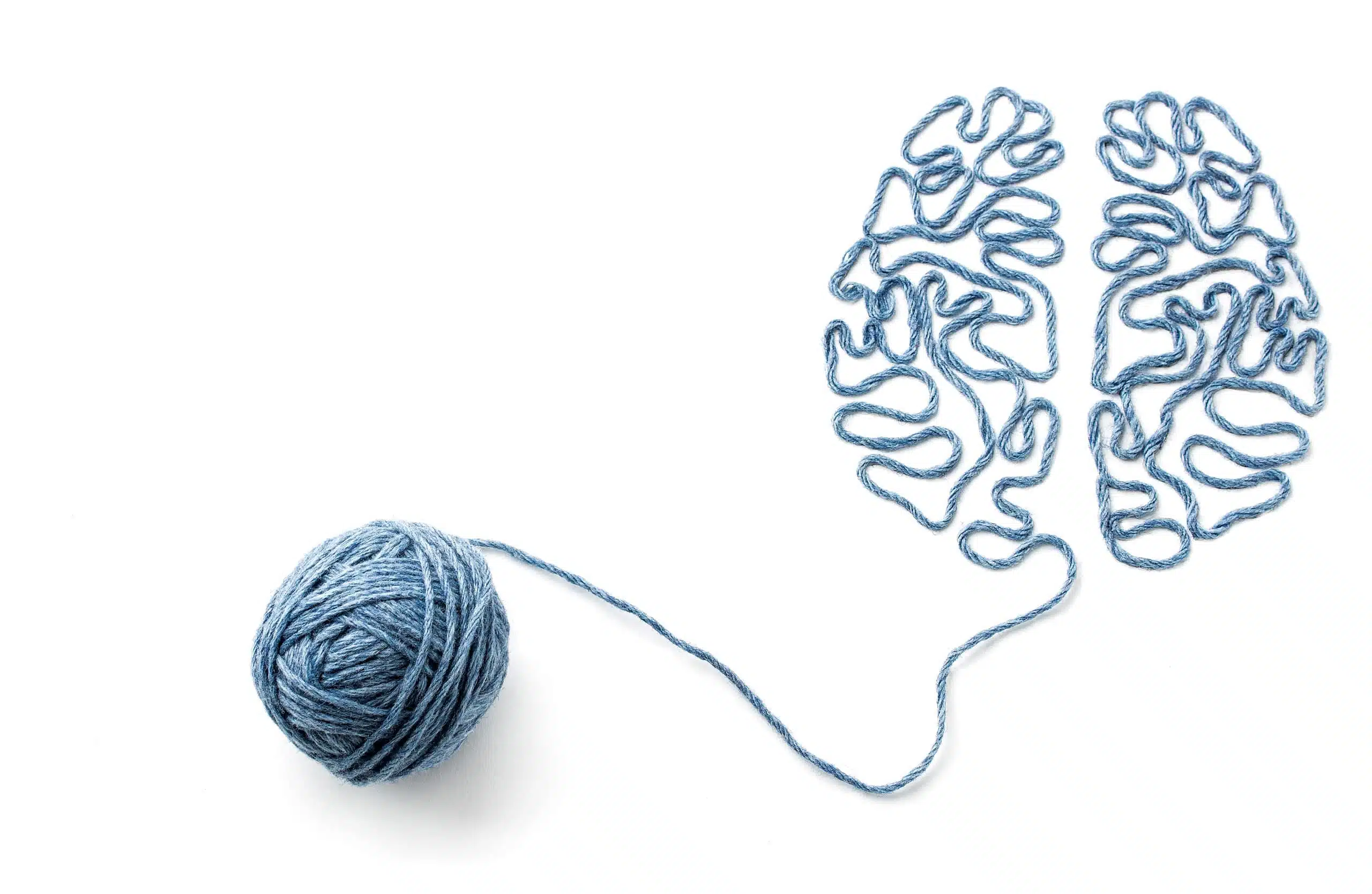There are four core areas of cognition within the learning brain that can be impacted by stress, trauma, and PTSI.
Memory
The ability to remember and use information for tasks such as calculation or reasoning.
| Changes in memory are one of the most common symptoms of PTSD and can include: | For example: |
|---|---|
| Re-experiencing traumatic events through intrusive memories or flashbacks. | Some people who have experienced trauma describe intrusive memories as playing like a movie on repeat in the back of their mind. |
| Memory loss, gaps, or total amnesia. | Forgetting the timeline of traumatic events or entire portions of a traumatic memory. |
| Deficits in short-term memory. | Forgetting the name of someone you just met or where you parked your car earlier. |
| Deficits in ability to keep multiple thoughts in mind at once or multitasking. | Difficulty holding a person’s address in mind while listening to directions to the destination. |
Cognitive flexibility
The ability to hold and switch between different tasks, concepts, or activities and their corresponding behaviour.
| Trauma makes it difficult to access this function because your body’s resources are consumed by your survival brain. Changes in cognitive flexibility following trauma can lead to difficulties in: | For example: |
|---|---|
| Acquiring and integrating new information at a fast pace | Difficulty understanding the gist of a five-minute phone conversation, rather than having the same information in an email that can be reread |
| Solving problems creatively | Getting “stuck” when solutions are not clear-cut |
| Quickly adjusting responses to changing conditions | Feeling unable to carry on with your day if something unplanned comes up |
| Inhibiting impulsive behaviours | Unintentionally expressing frustration when it may not be productive in a situation |
Concentration
Concentration is the ability to focus and maintain a single thought process while ignoring distractions.
| In PTSI, there are difficulties with sustaining attention on occasion because individuals are so hypervigilant and constantly scanning their surroundings for threats. Problems with concentration and attention following trauma can include: | For example: |
|---|---|
| A reduced ability to generate, direct, and maintain an appropriate state of alertness to correctly process information. | Difficulty focusing on conversations with others or having trouble extracting important details from a conversation. |
| Difficulty sustaining attention for prolonged periods of time. | Difficulty focusing on reading an article or watching a TV show or movie. |
| More “zoning out.” | Feeling withdrawn or “daydreaming” throughout the day, whether at work, home, or when socializing with friends. |
| Impulsivity | Making decisions quickly without thinking through the potential outcomes or consequences. |
Decision making
The ability to consider multiple factors and use logic and reasoning to make decisions.
| Good decision-making requires several high-level processes that can be impacted by trauma (e.g., attention, memory, and emotion regulation). There are several factors that might impact your decision-making abilities following trauma, including: | For example: |
|---|---|
| Having lost trust in your sense of right and wrong. | Feeling conflicted by what you instinctively want to do versus what is expected of you. |
| Making decisions based on emotion rather than logic. | Letting feelings of guilt result in avoiding making decisions altogether. |
| Difficulty recalling important information that could aid decision-making. | Forgetting about somebody’s offer to help you after starting a task on your own. |
| An inability to evaluate and incorporate all relevant information given a focus on threat detection or safety. | Focusing mainly on negative details of a situation when deciding a course of action. |
While these cognitive changes are often incredibly taxing for individuals who have experienced trauma, it is important to keep in mind that the brain is malleable and can often recover from cognitive challenges.
